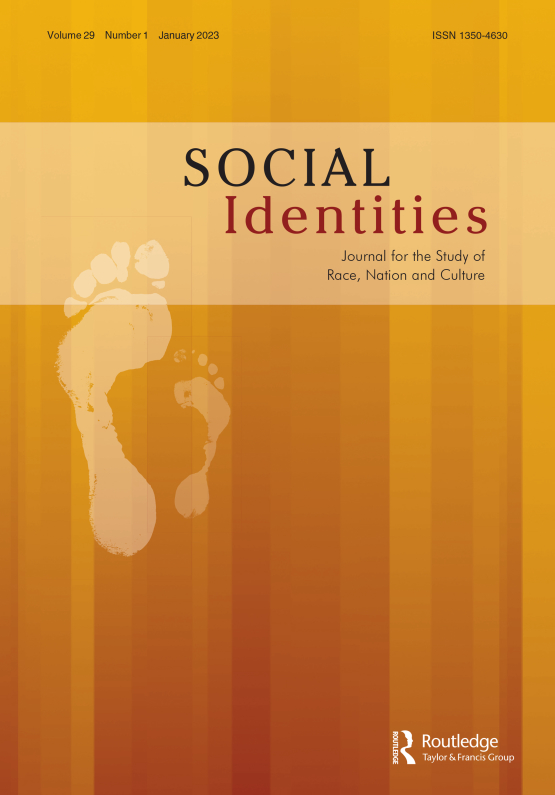Submit a Manuscript to the Journal
Social Identities
For a Special Issue on
Ecofeminism and Social Identity: Intersections of Gender, Ecology, and Marginalization
Abstract deadline
Manuscript deadline

Special Issue Editor(s)
Tanu Gupta,
Central University of Haryana, India
tanuguptass@gmail.com
Mohammad Rahmatullah ,
Northern University Bangladesh, Bangladesh
likhon661993@gmail.com
Ecofeminism and Social Identity: Intersections of Gender, Ecology, and Marginalization
Ecofeminism critically examines the interconnected oppressions of women and nature, asserting that the exploitation of the environment and the subjugation of marginalized groups are mutually reinforcing (Kheel, 2008). This perspective challenges traditional dualisms that separate humans from nature and men from women, advocating for an integrated approach to social and environmental issues.
Ariel Salleh's concept of "embodied materialism" emphasizes the role of reproductive labor and the exploitation of women's bodies in sustaining capitalist patriarchal systems (Salleh, 1997/2017). By recognizing the material realities of women's labor and their relationship to ecological processes, Salleh provides a critical lens for understanding how environmental degradation disproportionately affects women and other marginalized groups.
- How do environmental hazards disproportionately affect communities of color, and what roles do ecofeminist movements play in addressing these injustices?
- In what ways do Indigenous ecological practices contribute to sustainable environmental management, and how can decolonial ecofeminism amplify these contributions?
- How do overlapping identities (e.g., race, gender, class) influence individual and collective experiences within environmental justice initiatives?
- What insights do ecofeminist perspectives offer regarding the impacts of extractive industries on marginalized communities and ecosystems?
- How does the undervaluation of reproductive and care labor manifest in environmental policies, and what are the implications for ecofeminist theory and practice?
- In what ways does climate change disproportionately affect marginalized groups, and how can ecofeminist strategies promote equitable climate resilience?
- How can acknowledging diverse cultural perspectives enhance inclusivity and effectiveness in environmental decision-making processes?
- What are the implications of urban environmental policies on women and marginalized communities, particularly concerning issues like green gentrification?
- How can ecofeminist theories inform the creation of equitable and sustainable environmental policies?
- How do portrayals of ecofeminist activism in media influence public perception and policy development?
By addressing these questions, this special issue aims to deepen our understanding of the complex relationships between environmental and social injustices, providing valuable insights into pathways toward a more equitable and sustainable world.
References:
Salleh, A. (1997/2017). Ecofeminism as politics: Nature, Marx, and the postmodern. Zed Books.
Kheel, M. (2008). Nature ethics: An ecofeminist perspective. Rowman & Littlefield.
Submission Instructions
Please send titles and abstracts by 5th July, 2025 (rahmatullahlikhon@gmail.com) . Full Paper Submissions: 25th October, 2025 (Submission instructions will be sent by the Guest Editors to the accepted abstracts only.)
The chronological focus of this special issue spans from the early 1970s to the present day, encompassing the evolution of ecofeminist thought and activism. The geographical scope is global, with particular attention to regions where ecofeminist movements have significantly influenced environmental policies and social justice initiatives.

